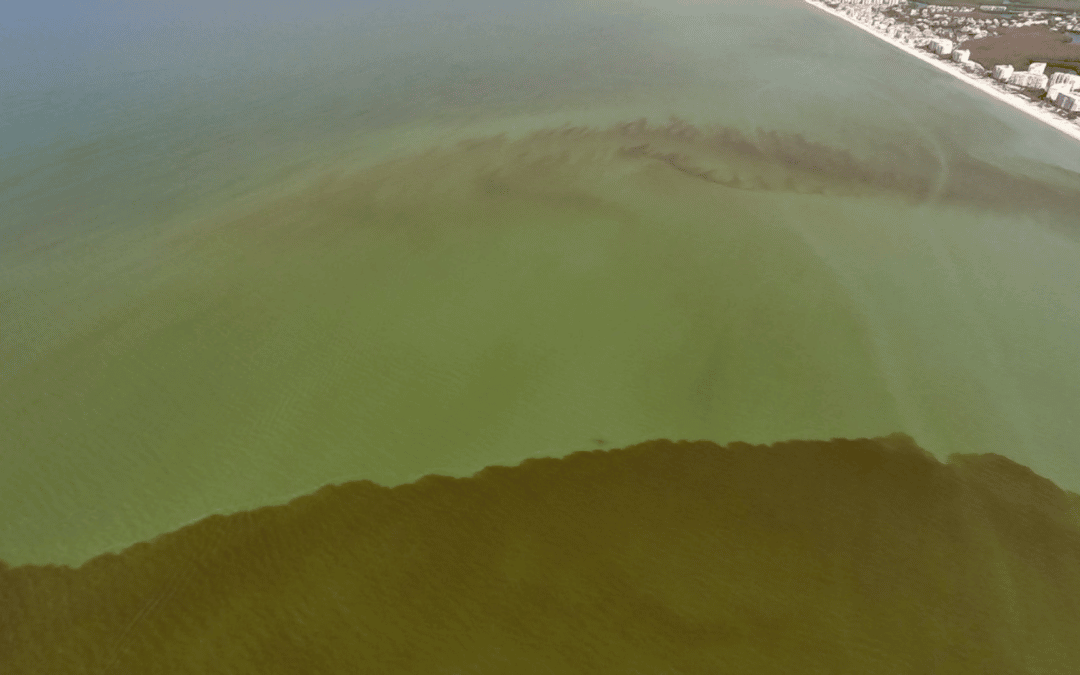Originally published by WINK News on November 16, 2022
On Sanibel, you can’t escape the smell of dead fish.
And on the shore, you can’t escape the dead fish.
“People are familiar with the red tide smell. But that’s from decay, what you really smell, the actual toxins you cannot smell,” said Manny Aparicio, Calusa Waterkeeper board member.
Aparicio said we know the short-term impacts of the toxins, coughing, sneezing and watery eyes.
“Some people are very sensitive to it. So they’ll start to feel the effects,” Aparicio said.
But Aparicio said we don’t know much about the long-term effects.
“It’s not just respiratory, there’s gastrointestinal effects,” Aparicio said. “In particular, we’re very interested in the neurological, neurodegenerative diseases that many of these toxins may cause.”
You don’t have to be in the water or right by a bloom to be affected by it. Research shows you can be miles away and airborne toxins can be present.
Continue Reading

























